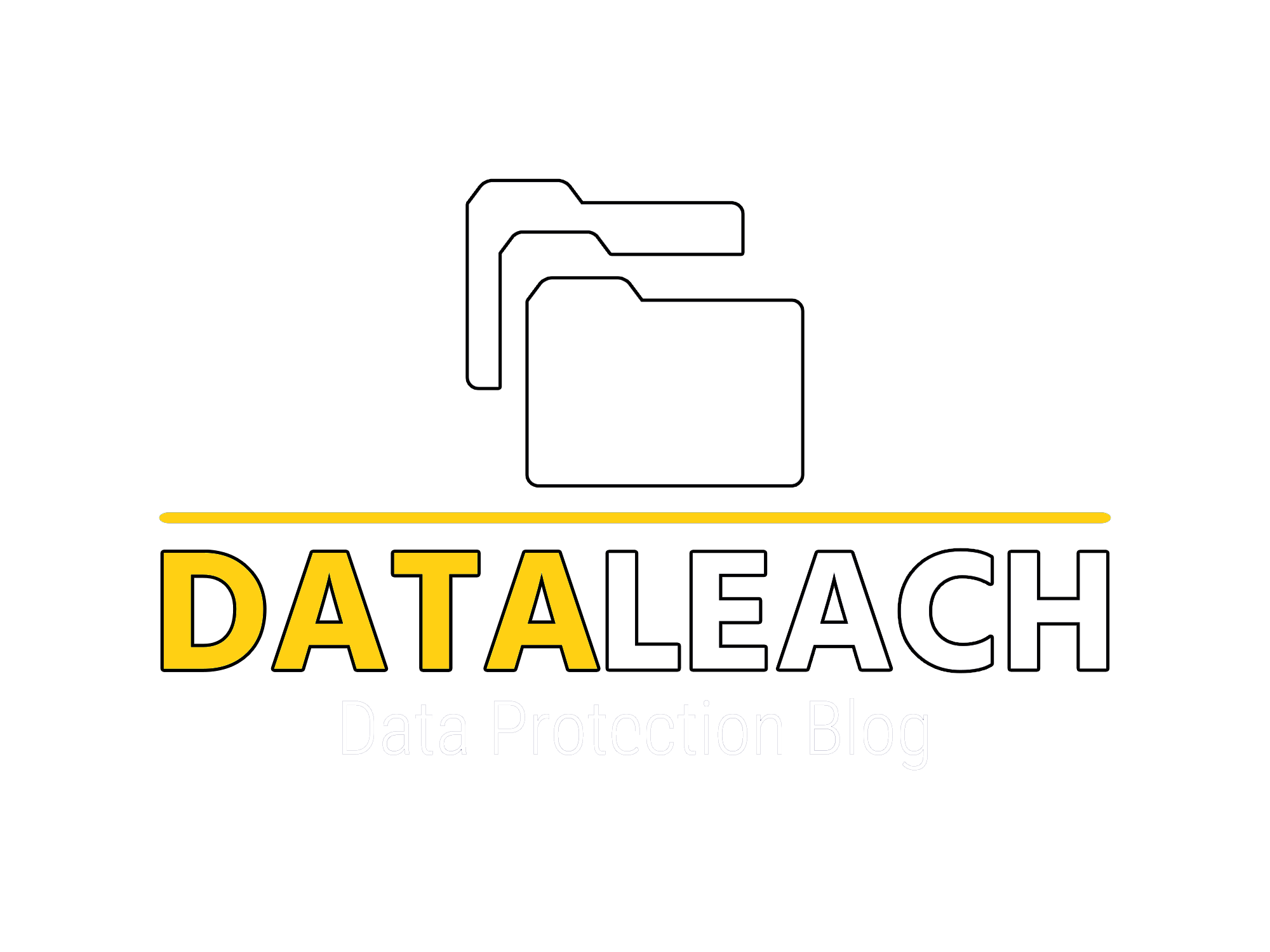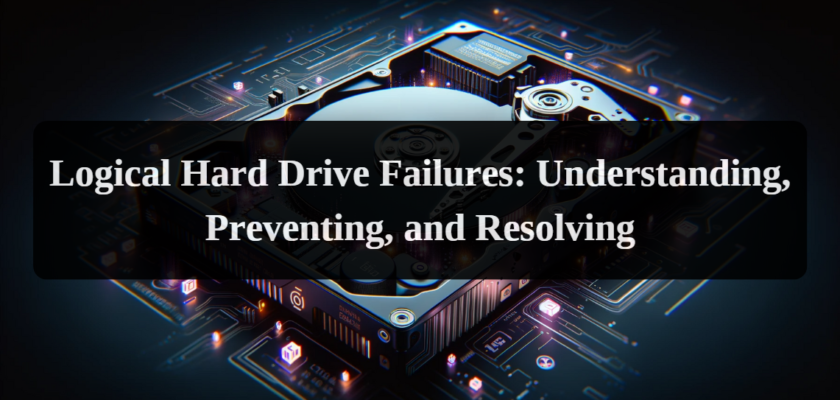Hard drives are not immune to failures that can lead to data loss and system malfunctions. There are two types of failures: physical and logical. In this article, we will focus on logical errors, explaining their nature, causes, and remediation methods to help readers prevent data loss and maintain system health.
Understanding Logical Failures of Hard Drives
Logical failures of hard drives occur when the disk itself functions correctly, but the file system, partition table, or boot sector is damaged. These failures are often related to software issues, such as viruses, user errors, or software malfunctions. Unlike physical failures, logical ones are most often recoverable using appropriate tools and techniques.
Common Problems and Causes of Logical Hard Drive Failures
Key problems associated with logical hard drive failures include incorrect or accidental formatting, disk damage by viruses, data overwriting, file directory damage, and inaccessibility of partitions or folders.
The causes of these errors can include:
- Incorrect installation of the operating system.
- Corruption or damage of system files.
- Lack of free space on the logical drive.
- Interference with Windows registry files.
- Issues with disk connection or operation.
- Overheating of the hard drive or system.
- Improper loading of important boot files.
- Virus attacks or actions of malicious software.
Diagnosing Logical Errors in Hard Drives
To identify logical errors, it’s important to pay attention to signs such as the inability to access files or partitions, system boot problems, and errors in the registry or databases. In some cases, especially during technical maintenance, it is useful to examine event logs to identify specific error codes, such as SCSI status or SRB statuses, which can indicate the causes of failures and assist in troubleshooting.
Solutions and Data Recovery Methods After Logical Hard Drive Failures
Data recovery after logical hard drive failures involves several key steps and tools that can help restore access to lost information and rectify errors. It is important to remember that recovery should begin immediately at the first signs of failure to prevent further deterioration of the situation.
- Using specialized data recovery software: Programs such as Wondershare Recoverit or MiniTool Partition Wizard offer powerful features for scanning the hard drive and recovering lost or damaged files. They are effective for data recovery after accidental formatting, file deletion, and file system failures.
- Repairing and marking bad sectors: Tools like CHKDSK in Windows can scan the hard drive for logical errors and bad sectors, as well as repair damaged file systems. This procedure can help restore access to data and prevent further damage.
- Regular backup: One of the most effective ways to protect against data loss is to regularly create backups of important information. This can be done using external hard drives, cloud services, or specialized software.
- Software updates and antivirus protection: Regularly updating the operating system and antivirus software can prevent many problems related to logical failures, including those caused by virus attacks.
- Consultation with specialists: In complex cases or when data is seriously damaged, it is recommended to consult professional data recovery specialists. They have more advanced tools and experience for data recovery.
Additional Considerations and Tips
To ensure the long-term health of the hard drive and prevent future logical errors, consider several advanced strategies:
- Hard drive cloning: In cases where the hard drive has many bad sectors or other signs of deterioration, cloning the hard drive to a new medium can prevent data loss. This process involves copying all data from one disk to another, ensuring uninterrupted operation and data safety.
- Upgrading and expanding storage: Replacing an old hard drive with a new one with a larger capacity or more reliable SSD storage can significantly improve system performance and reliability.
- Regular monitoring and testing: Using tools to monitor the condition of the hard drive, such as S.M.A.R.T. (Self-Monitoring, Analysis, and Reporting Technology), helps to detect emerging problems and prevent serious failures.
Conclusion
Logical hard drive errors are a serious issue that can lead to the loss of important data. However, with a proper understanding of their nature, as well as the use of effective diagnostic, recovery, and prevention methods, most such errors can be successfully prevented and resolved. Regular data backup, careful system management, the use of reliable tools, and, if necessary, consulting with professionals are key elements in maintaining the health and reliability of your hard drive.

